Description
Isordil contains Isosorbide Dinitrate, a nitrate medicine that relaxes and widens blood vessels. This reduces the workload on the heart and improves blood and oxygen supply to the heart muscle. Doctors often use it to prevent and relieve angina (chest pain) and as part of treatment plans for heart failure or after a heart attack.
Uses
Doctors prescribe Isordil for:
-
Preventing and treating angina pectoris (chest pain)
-
Combination therapy in congestive heart failure
-
Supportive treatment after a myocardial infarction (heart attack)
Administration
-
Oral tablets: Swallowed with water, usually at fixed times daily. Elderly patients are started on the lowest possible dose.
-
Injection (IV): Given by a trained medical professional in hospital settings.
-
Children: Not recommended.
Side Effects
Possible side effects include:
-
Drop in blood pressure when standing (postural hypotension)
-
Fast heartbeat (tachycardia)
-
Headache (common at the start of therapy)
-
Dizziness or fainting
-
Nausea, vomiting, or heartburn
-
Flushing (temporary redness of face)
Less common but more serious effects:
-
Excessively low blood pressure
-
Restlessness, sweating, or anxiety
-
Muscle twitching
-
Chest discomfort or palpitations
-
Abdominal pain
-
Rare blood disorder (methemoglobinemia)
Precautions
-
Regularly monitor blood pressure and heart rate while on this medicine.
-
Use with caution in patients with:
-
Thyroid problems (hypothyroidism)
-
Malnutrition
-
Severe liver or kidney issues
-
Heart failure with low oxygen levels
-
History of brain injury, bleeding, or raised intracranial pressure
-
Glaucoma or other eye pressure disorders
-
Pregnancy & Lactation
-
Safety during pregnancy and breastfeeding is not fully known. Should only be used if prescribed by a doctor.
Contraindications
Isordil should not be used in:
-
Allergy to nitrates
-
Very low blood pressure or blood volume
-
Thickened heart muscle (hypertrophic cardiomyopathy)
-
Narrowing of the aorta (aortic stenosis)
-
Fluid around the heart (cardiac tamponade) or inflammation (pericarditis)
-
Severe anemia
-
Raised pressure inside the skull or recent brain injury
-
Very slow heart rate (bradycardia)
-
Closed-angle glaucoma
-
G6PD deficiency
Storage
-
Store at room temperature (20–30°C)
-
Protect from heat, moisture, and light
-
Keep out of reach of children

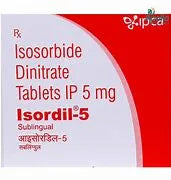
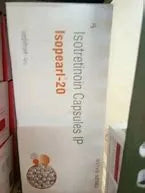
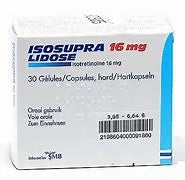
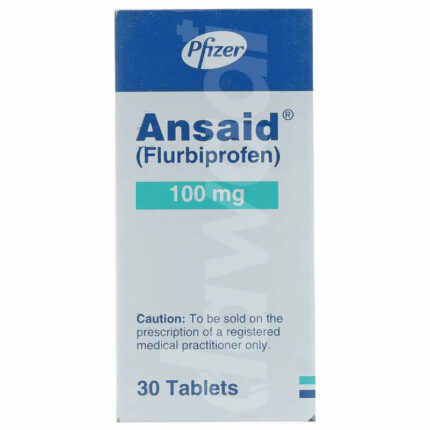
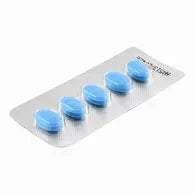
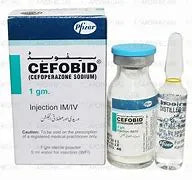
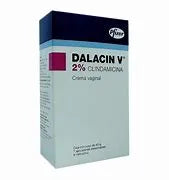
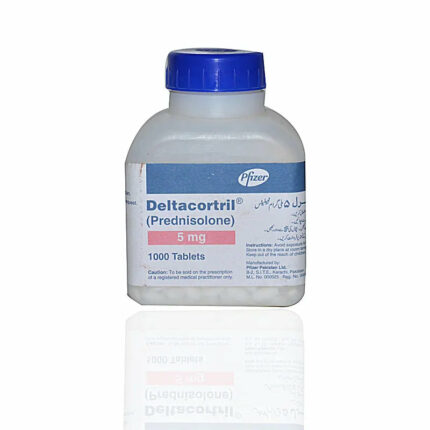
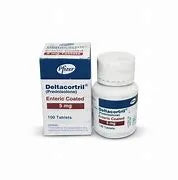
Reviews
There are no reviews yet.